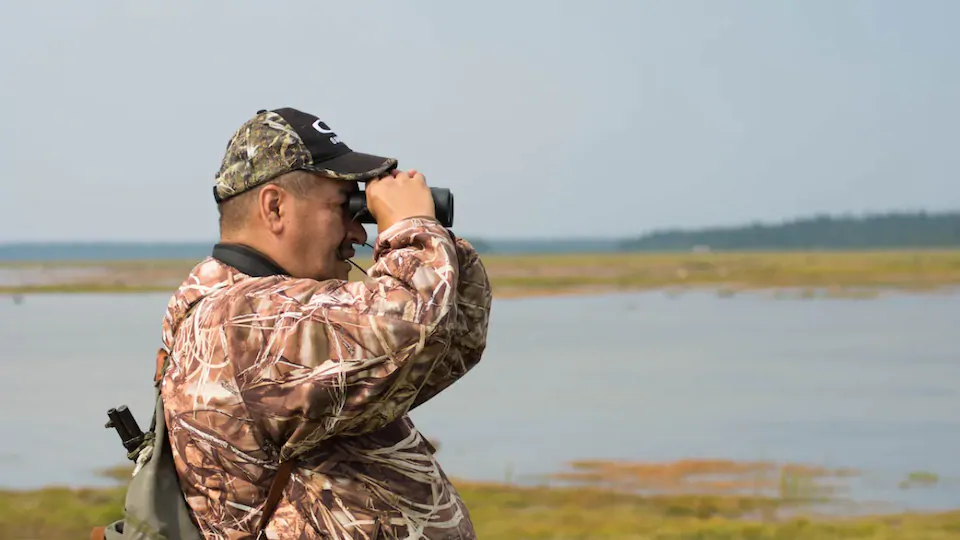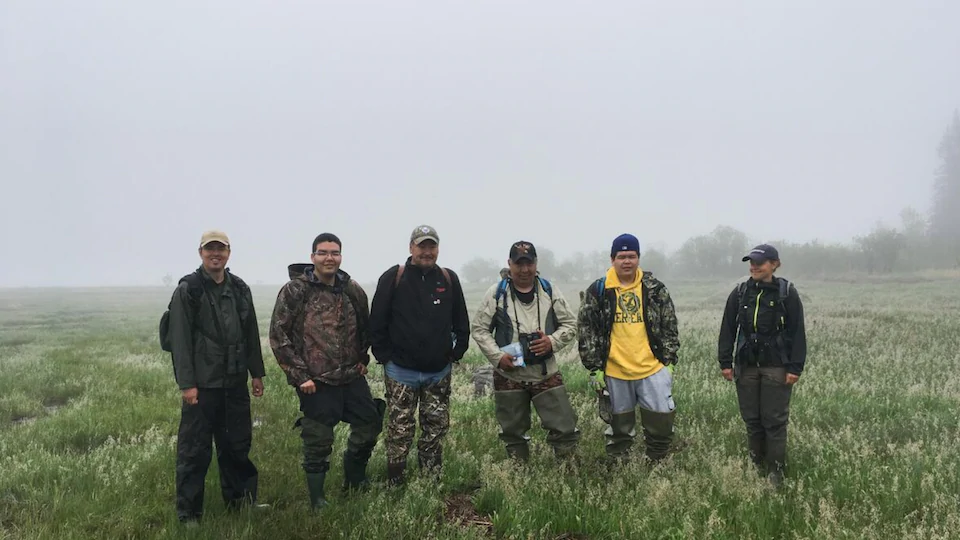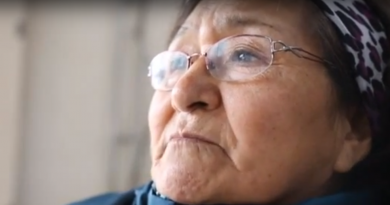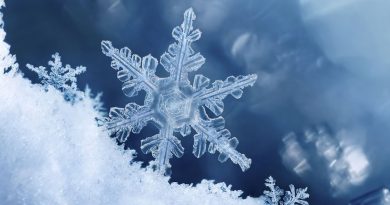Northern Quebec wildlife officials rely on Cree to provide crucial data on wildlife

In an effort to better understand the animal life in James Bay and how it’s changing, wildlife officials in northern Quebec are turning to the people who know the bay the best: traditional land users.
The Eeyou Marine Region Wildlife Board is launching an initiative it’s calling “Citizen Scientist.” It is an effort to encourage land users to report what wildlife they come across when they’re out on the bay.
The board was created after the Eeyou Marine Region Land Claims Agreement with the federal government in 2010. It is responsible for wildlife management, regulation and harvesting in the Eeyou Marine Region.
We need people’s assistance — from the fishermen and the hunters that frequent the islands and the bay.– Gordon Blackned, chairperson of wildlife board
“As time goes on, [we] will learn a little more about the marine life and the wildlife out there.”
Blackned said a recent story about the successful trapping of crabs by two local land users is exactly the kind of thing they want to know about.
“Those guys did a very interesting thing,” said Blackned in terms of identifying species that aren’t very well documented.
The board is asking hunters and traditional land users to pay particular attention and report sightings and signs of invasive species and of certain animals, such as polar bears.
“In the last several years, we’ve had encounters with polar bears, they’re hanging around more and heading farther south to where they’ve never been,” said Blackned.
Other priority species that the wildlife board would like to hear about are beluga, shorebirds and waterfowl, including at-risk species of birds such as the red knot and the Hudsonian godwit. They also would like information about the brant goose, which is not listed as at-risk, but is less common.
Data used to identify critical habitats
The information will be used to help identify critical habitats, rare species, invasive species, as well as changes in population, abundance, distribution, and migration of species important to Cree cultural practices, according to the Eeyou Marine Region Wildlife Board.

Getting a better idea of the invasive species present in the bay is also a priority, according to Blackned. He said if traditional land users see any animals they have never seen before that would be good to report.
Blackned said land users can report their observations to their local Cree trappers association or their local Eeyou Marine Region officer, which all of the coastal Cree communities have.
Land users will also soon be able to fill out electronic observation forms that will be available in the wildlife section of the wildlife board’s website.
Related stories from around the North:
Canada: Canadian First Nation and Carleton University agree to work on research projects together, CBC News
Greenland/Denmark: Greenland and Denmark finalize cooperation agreement on marine pollution response, Eye on the Arctic
Finland: Miners hunting for metals to battery cars threaten Finland’s Sámi reindeer herders’ homeland, The INdependent Barents Observer
Norway: In Arctic Norway, seabirds build nests out of plastic waste, The Independent Barents Observer
Sweden: Sweden’s wolf numbers slide, illegal hunting blamed, Radio Sweden
United States: Trump Administration approves oil, gas leasing plan for Alaska Wildlife refuge, The Associated Press



